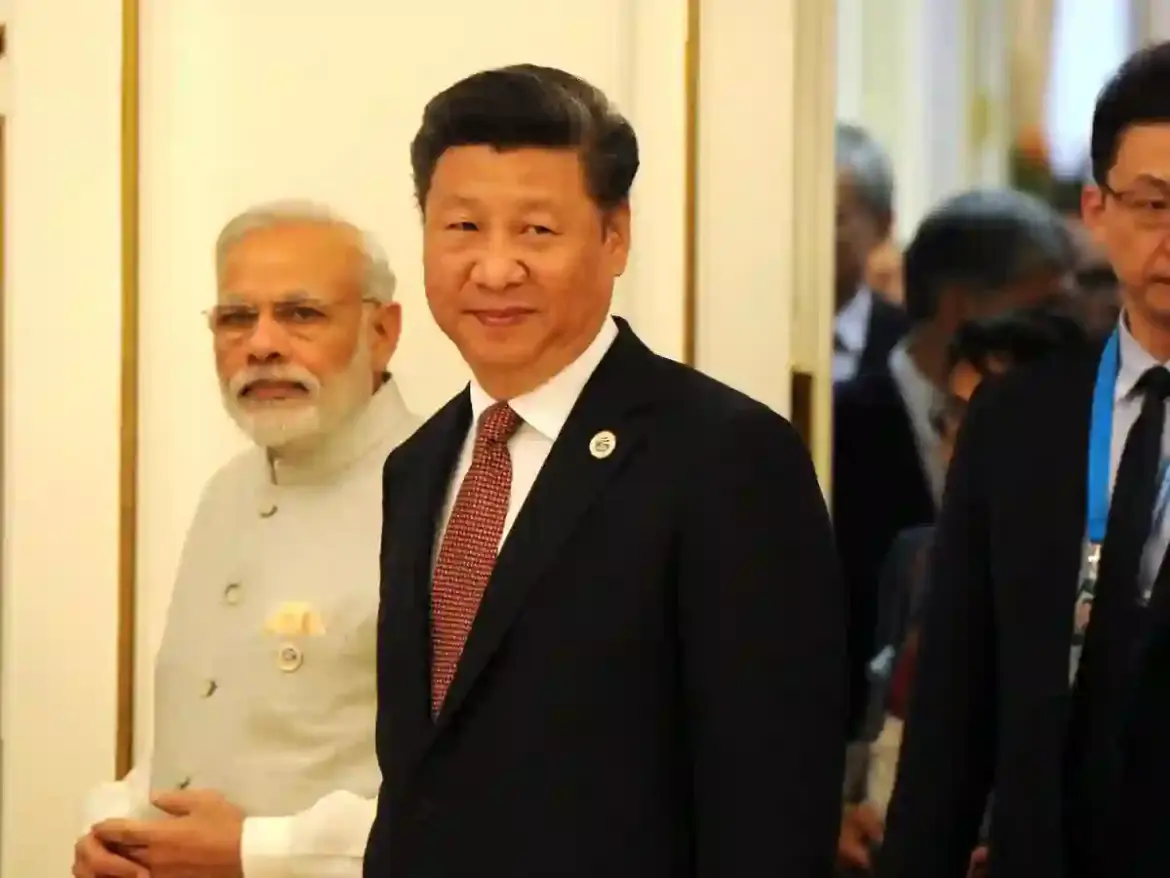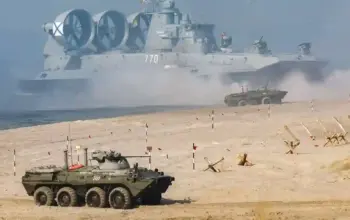While the world continues to grapple with shifting alliances and rising tensions, the Shanghai Cooperation Organization (SCO) summit in Tianjin became a platform for some of the most powerful leaders to voice their vision for a new global order.
Among them, Russian President Vladimir Putin threw his weight behind Chinese leader Xi Jinping’s call to reform international governance, insisting the world needs a fairer and more balanced system.
Gathering of Global Leaders
The 25th SCO summit, held between August 31 and September 1, brought together representatives from 24 nations and 8 international organizations.
Alongside Putin and Xi, leaders such as Indian Prime Minister Narendra Modi joined discussions on regional security and cooperation.
Putin, who arrived at Xi’s invitation, was greeted in Tianjin with the traditional folk song Kalinka-Malinka performed by Chinese musicians — a symbolic nod to the deepening ties between Moscow and Beijing.
His stay in China will extend until September 3, culminating with his attendance at a military parade commemorating the 80th anniversary of the end of World War II.
Bilateral Talks and New Commitments
On the sidelines of the summit, Putin engaged in one-on-one meetings with several leaders.
A particularly notable moment came when he and Indian Prime Minister Narendra Modi rode together in an Aurus limousine to hold talks.
Their discussions focused on the Ukraine conflict and bilateral cooperation. Modi emphasized India’s support for diplomatic solutions and invited Putin to New Delhi in December for the annual India-Russia summit.
“We welcome all recent efforts to establish peace and hope all parties approach this issue constructively,” Modi remarked, signaling India’s cautious but firm push for stability.
Putin also held talks with Turkish President Recep Tayyip Erdoğan, Serbian President Aleksandar Vučić, Pakistani Prime Minister Shehbaz Sharif, and Kazakh President Kassym-Jomart Tokayev, showcasing Russia’s wide network of dialogue across Asia and beyond.
Putin’s Stand on Ukraine
When addressing the Ukraine conflict, Putin once again blamed Western interference, pointing to NATO’s eastward expansion and the 2014 Kyiv government change as root causes.
“The reason for the crisis lies in constant attempts by the West to pull Ukraine into NATO, which we have warned for many years poses a direct threat to Russia’s security,” he stated.
He underscored the need to resolve the issue by tackling its underlying causes rather than temporary fixes.
Putin also referenced his recent meeting with U.S. President Donald Trump in Alaska, expressing hope that the dialogue could mark a turning point toward peace.
Xi’s Call for a New World Order
Chinese President Xi Jinping used the summit to urge member states to pursue a fairer, more inclusive system of global governance rooted in international law and multilateralism.
Putin echoed Xi’s message, highlighting that the SCO could play a pivotal role in reshaping how the world is run.
“The SCO could take a leading role in shaping a more just and equitable system of global governance, rooted in international law and the UN Charter,” Putin said.
Other leaders, including those from Kazakhstan, Azerbaijan, Uzbekistan, and Belarus, also voiced support for this vision.
The Tianjin Declaration
The summit concluded with the Tianjin Declaration, which underlined the need to reform the United Nations so it better reflects today’s realities and offers greater representation for developing countries.
Notably, just as in last year’s Astana declaration, the Ukraine conflict was left unmentioned — a decision that speaks volumes about the delicate balancing act many countries face in addressing global crises.



